If you have lived in Cyprus for any length of time, you have probably heard the unusual oriental word 'mukhtaris'.
You may even have met one. From the Ottoman period to the present day, over the centuries, the 'mukhtaris' have been a community leader and liaison between their community and the authorities in Cyprus. So what is this mysterious 'mukhtaris' - a relic of the past, a tribute to tradition or an effective system of local governance? Let's try to understand its role in modern Cypriot society.
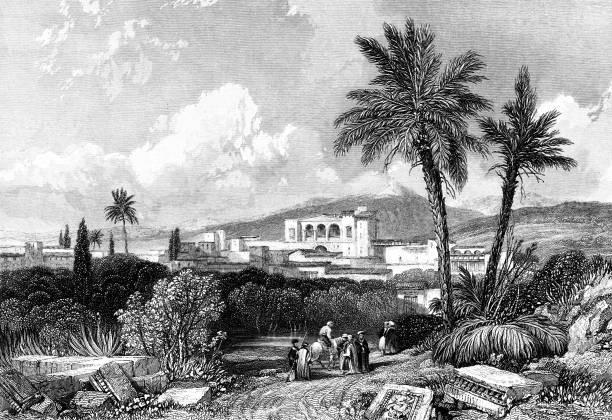
The history
The etymology of the word 'mukhtaris' (Μουχτάρης) is of Ottoman origin, and in Arabic 'mukhtar' literally means 'chosen one'. Historically, a mukhtar was a neighbourhood or village leader in Arab countries and in what is now Turkey. He personally knew all the members of his community, their marital status and other personal information, and could vouch for them to the authorities and officially confirm their identity. The duties of the 'mukhtar' included maintaining civil status records, collecting taxes, keeping cadastral records, maintaining law and order in the community and resolving disputes, and mediating between the community and state structures.
The mukhtar was elected by the local community and then confirmed by the state.
In the mid-19th century, during the 'Tanzimat' period, reforms were introduced in the Ottoman Empire to consolidate the power and control of the state. A law passed in 1864 made the position of 'Mukhtar' an official state position throughout the Ottoman Empire. This consolidated and centralised the power of the Ottomans and helped them to administer their vast territories effectively.
Cyprus, which was under Ottoman rule at the time, adopted their system of local government and the position of 'mukhtar' took root on the island and has survived to the present day. He was called 'mukhtaris' in Greek, but his role and duties remained the same. It is interesting to note that in villages where there were representatives of different ethnic groups or denominations, there could be several 'mukhtaris' at the same time.
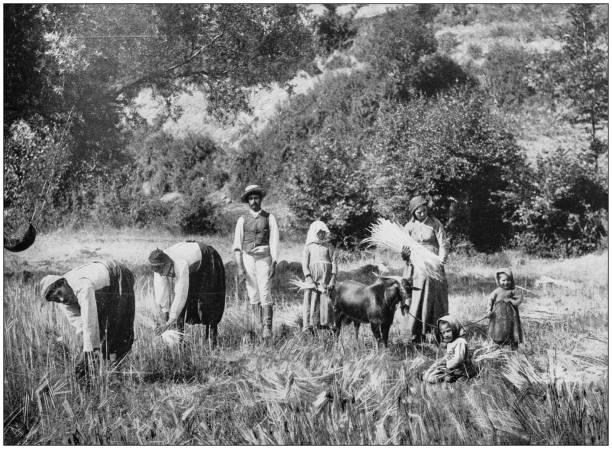
The British, during their rule (1878-1960), appreciated the effectiveness of such a system of local government. During this period, the mukhtaris became intermediaries between the colonial government and the local people, keeping statistical records and implementing new local rules and laws. At the beginning of British rule, communities had the right to elect their own mukhtaris. From 1923, however, mukhtaris were chosen by the local colonial council from a list of candidates submitted by the community.
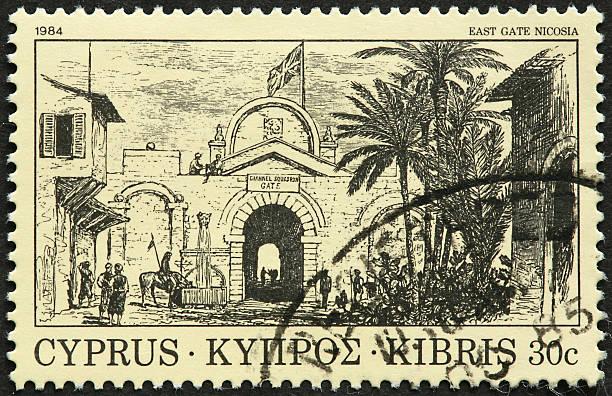
The British also introduced new criteria for candidates. For example, applicants had to be at least 25 years old, but not older than 60. People who had committed serious crimes could not apply for the position of 'mukhtaris'. Religious leaders, doctors, teachers, state and local government employees were also ineligible. Applicants had to be literate and wealthy enough to entertain officials and guests.
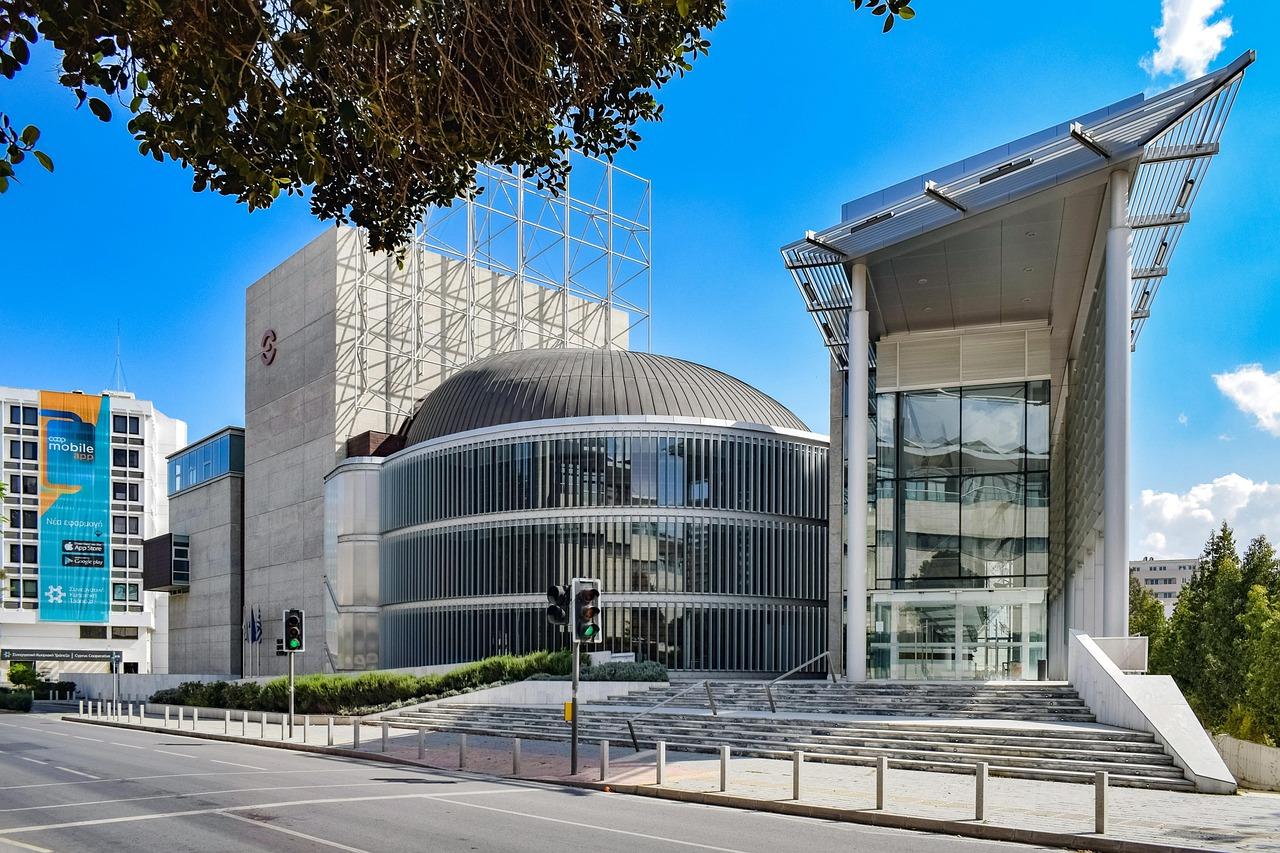
Modern times
Today in Cyprus, a 'mukhtaris', or as it is now called in Greek 'kinotarchis' (κοινοτάρχης), is not only a community leader but also a municipal official who acts as a notary. The Mukhtaris is elected for a term of 5 years in local elections. Usually the most respected and honourable member of the community is chosen for the role. This is usually an elderly person whom everyone trusts. It is interesting to note that not so long ago, after the end of British rule, an Englishman was elected to the position of 'Mukhtaris' in one of the small villages. In fact, after working for many years as a pilot for Cypriot airlines, he retired and decided to buy a house in a small village in Cyprus. It is likely that he was so imbued with local colour that he began to take an active part in the social life and improvement of the village. This earned him the trust and respect of his fellow villagers, who unanimously elected him as their 'Mukhtaris'.
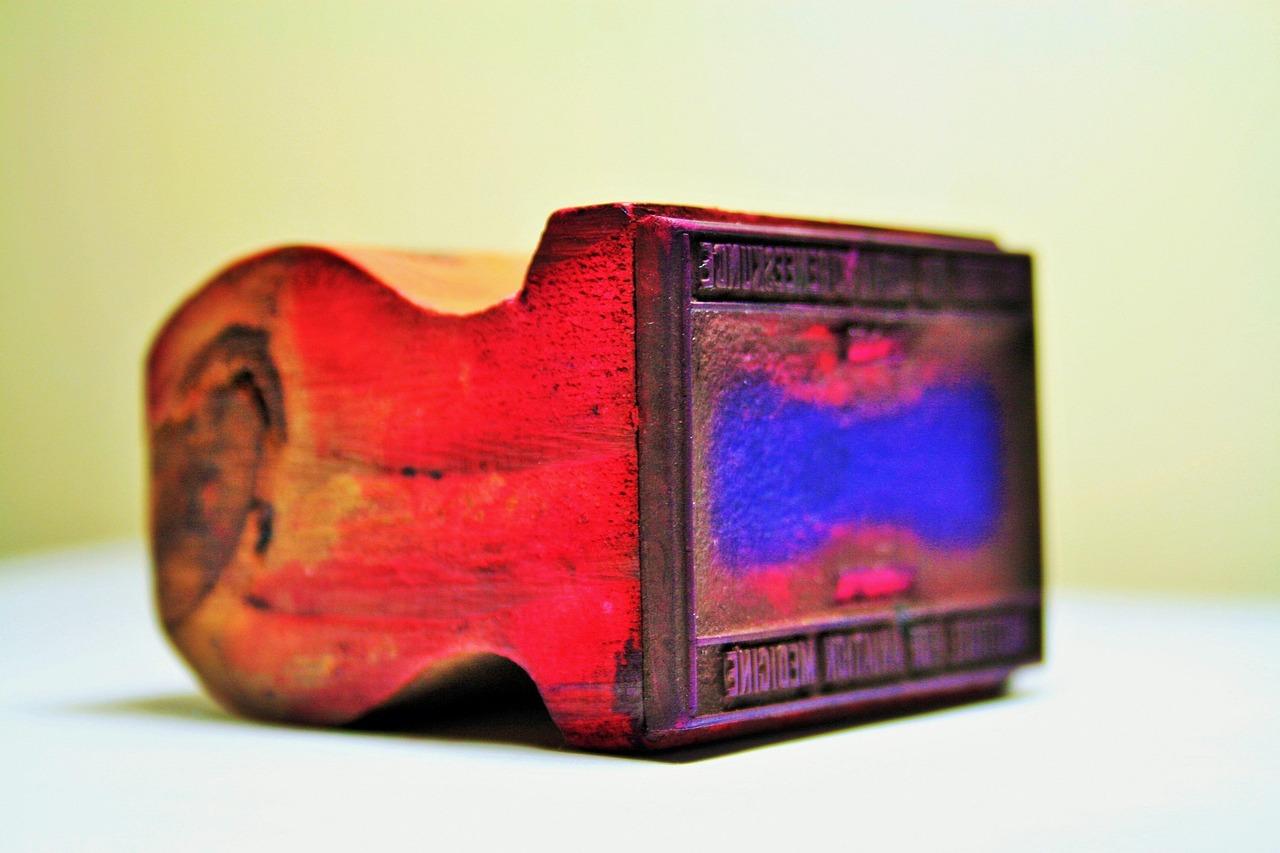
What does a mukhtaris do?
In small villages, the mukhtaris know every villager by sight and take an active part in the social life of the village. Villagers can go to him for advice on many matters - domestic, family, social and, of course, notarial. In big cities, such as Nicosia, the position is more formal and administrative - a mixture of old traditions and the island's modern bureaucratic system. In densely populated metropolitan areas and suburbs, the likelihood of a mukhtaris knowing most members of his community personally is virtually nil. Nevertheless, his role as a guarantor of the truthfulness of the personal details of local residents has been preserved to this day.
Formally, the work of a mukhtaris can be divided into two parts: notarial and administrative, and public (working with the community).
Each country has its own procedures for certifying copies and documents. In Russia, for example, there are notary offices for this purpose. In Australia, it can be done by the head pharmacist in any pharmacy. And in Cyprus there is a mukhtaris for this purpose.
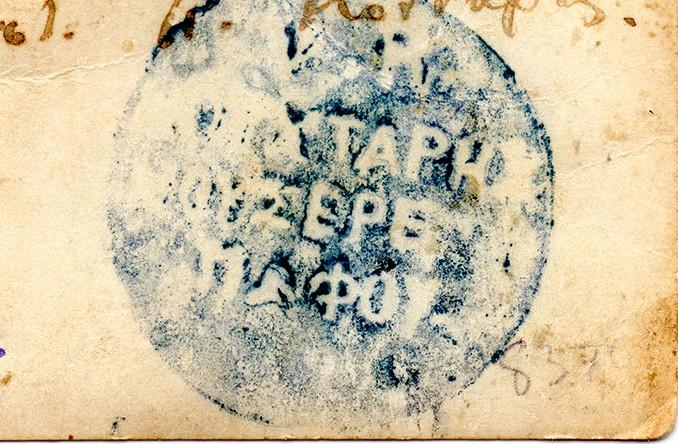
The main duties of the mukhtaris in Nicosia are to provide notary services: certifying documents, confirming personal details, issuing certificates. The mukhtaris can be contacted for a number of matters:
- Issuing certificates of marital status and family composition
- Confirmation of family members living under the same roof
- Confirmation of income
- Issuing certificates for social benefits
- Drafting and validating wills
- Official confirmation of home address
- Authorising signatures and copies of documents, leases or property contracts
- Drawing up electoral lists and registering new citizens.
If you are applying for a residence permit or permanent residence in Cyprus, you will most likely need the assistance of a 'mukhtaris'.
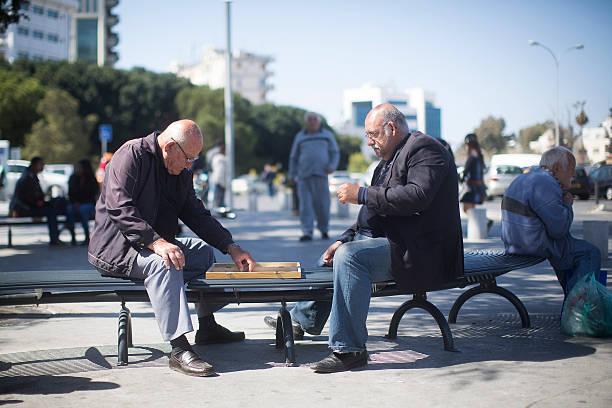
In addition to all these notarial and administrative tasks, the mukhtaris also acts as an intermediary between his community and the municipality and the state. In this way, he also plays an important public role, representing the interests of his community at the regional level. His responsibilities include:
- Organising public meetings to discuss all the pressing problems and demands of local residents.
- Petitioning the authorities to improve the infrastructure of the neighbourhood and the life of the community (repairing roads, improving parks and public spaces, improving transport and public services).
- Helping residents to access social services and benefits.
- Helping to organise holidays and festivals in their community.
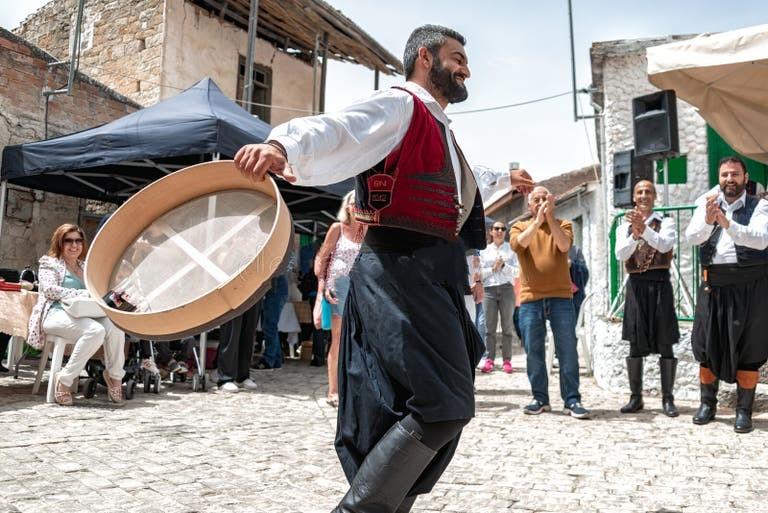
How do I find a Mukhtaris in Nicosia?
There are approximately 29 administrative districts in the capital and each district has a 'Mukhtaris'. In order to find your 'mukhtaris', you must first correctly identify which district you live in. The fact is that the boundaries of some districts in Nicosia are quite blurred. It can happen that a street lies at the intersection of two districts. To be more precise, technically your postcode corresponds to one district, but your street may be under the jurisdiction of the 'mukhtaris' of a neighbouring district.
It is therefore very important to call the local municipality to find out which district your street belongs to and how to contact the 'mukhtaris'. The contact details for the main municipalities in Nicosia can be found here. If you live in the villages surrounding Nicosia, you can find the contact details of the local councils here. To see a 'mukhtaris' you will need to make an appointment as he is not always in his office. Mukhtaris charge a small symbolic fee of 5-10 euros for their services.
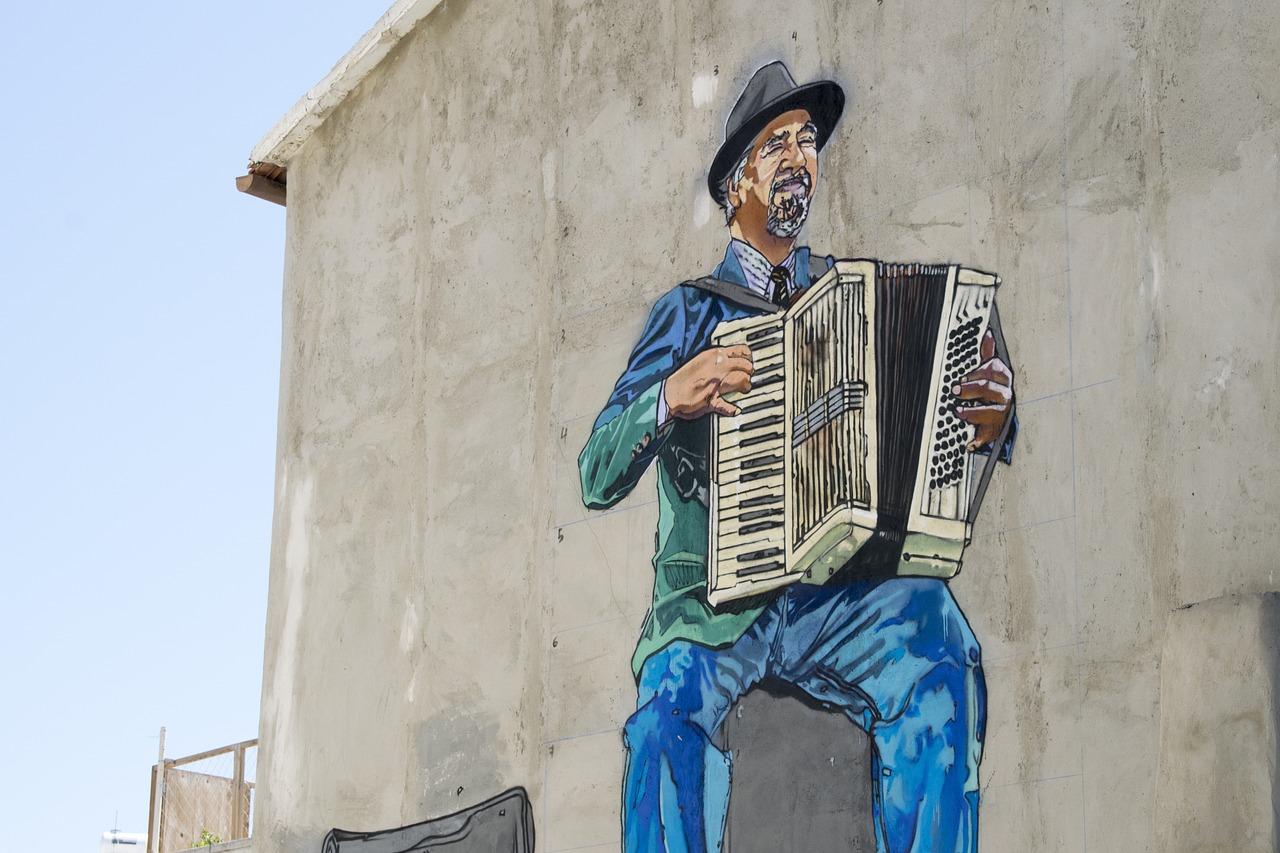
Knowing the mentality and way of life of the Cypriots, it is easy to say that the 'mukhtaris' fit perfectly into the modern reality of the island. Cypriots value social ties and prefer to make important decisions together. They find it easier to delegate all problems and issues to the headman than to act on their own. The locals believe that strong communities are the key to stability and prosperity. Therefore, as they did hundreds of years ago, the mukhtaris continue to play an important role in the lives of Cypriots, helping to communicate their needs and wishes to the local authorities and improving the quality of life for the whole community. They also help to resolve many notarial and administrative matters in a more relaxed, 'home' environment, to the rhythm of the 'siga-siga'.
Read also:

